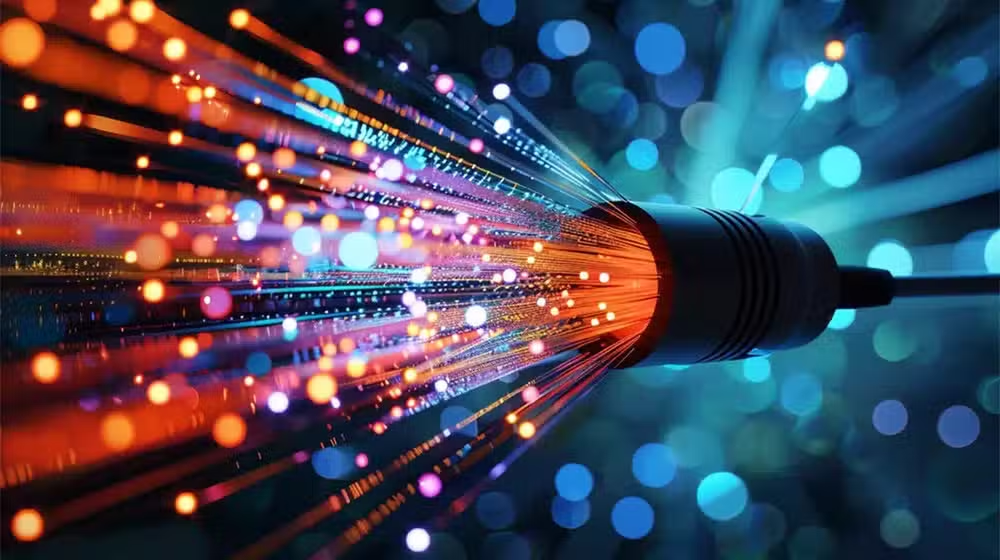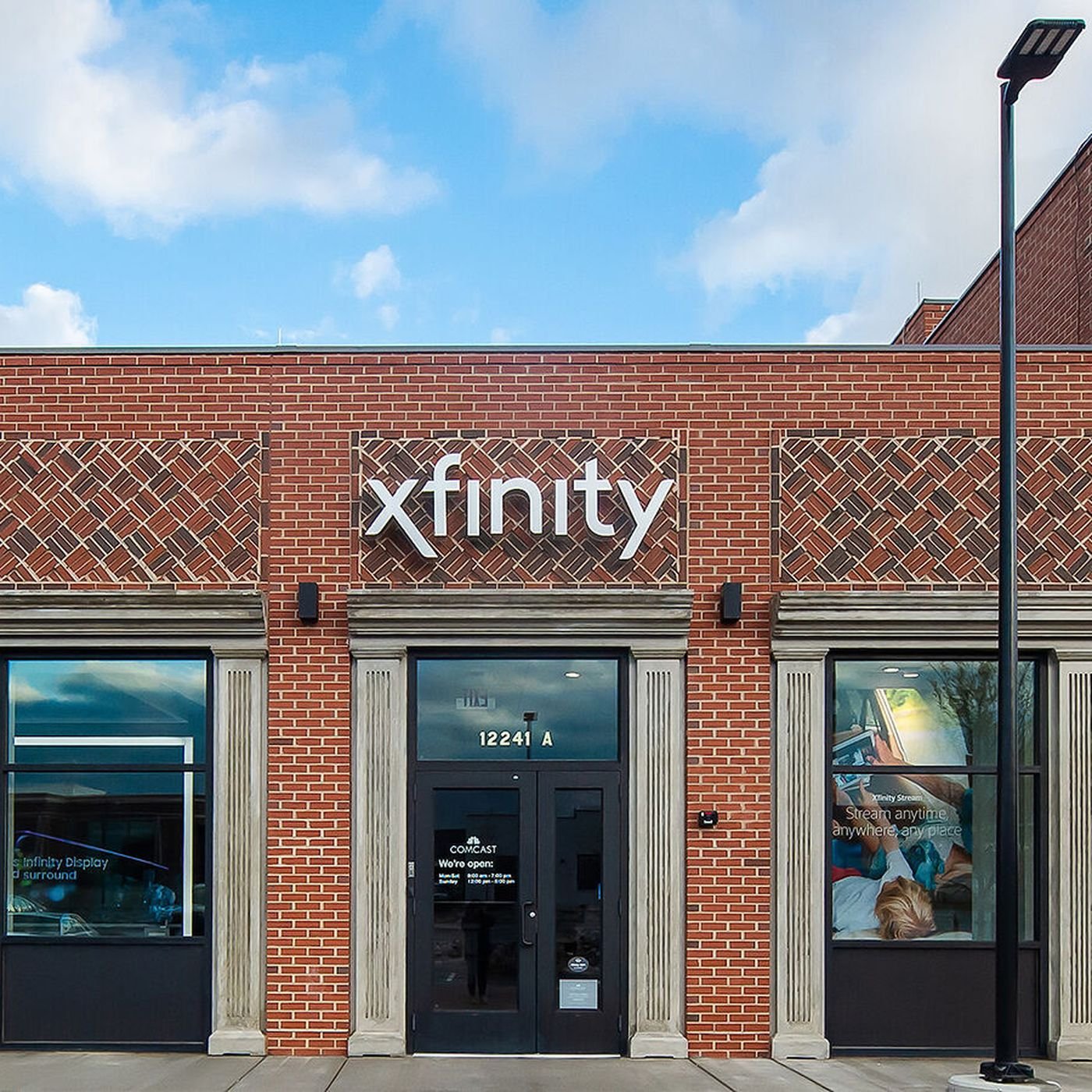Pakistan is gearing up for its most ambitious step toward digital advancement yet — the nationwide launch of 5G technology. The government has announced that it will auction double the current internet spectrum, laying the foundation for a robust digital infrastructure. This 5G rollout marks a pivotal moment in Pakistan’s journey to becoming a digitally empowered nation. The announcement came from Minister for IT and Telecommunication Shaza Fatima Khawaja at the launch of TikTok’s new educational initiative, STEM Feed.
With 274 MHz of internet spectrum currently in use, Pakistan plans to double this capacity. According to Shaza Fatima, the last spectrum auction took place in 2014, and now, the country is preparing for a much larger auction. Once a few regulatory and logistical hurdles are cleared, the 5G rollout will begin across Pakistan, enhancing internet speeds, connectivity, and access to modern digital services.
Enhanced Internet Infrastructure and Global Connectivity
In addition to the 5G rollout, Pakistan is expanding its global internet connectivity. Currently connected to seven submarine cables, the country is expected to link with three more by the end of the year. Among these is the world’s largest submarine cable, which will significantly boost bandwidth capacity and reduce latency issues. This global infrastructure is crucial for a seamless 5G experience and other digital services.
This development aligns with Pakistan’s broader digital vision, where faster internet and higher connectivity play a central role in education, healthcare, business, and everyday life.
Fiber Optic Expansion in Federal Schools
One of the government’s key initiatives under this digital transformation is improving connectivity in the education sector. Shaza Fatima announced that by December, all federal educational institutions will be connected to fiber optic networks. This move aims to bridge the digital divide and ensure that students across the country have access to reliable internet for learning and development.
The improved internet infrastructure is part of a broader digital skills plan. This year, the government aims to train one million children in artificial intelligence. This initiative supports the growth of a tech-savvy generation that is prepared to meet the challenges of a fast-evolving global job market.
Promoting Inclusivity and Safe Digital Spaces
During her speech, Shaza Fatima also emphasized the importance of inclusivity and safety, especially for women in public and digital spaces. Acknowledging the potential of Pakistani women, she stated, “Women in our country are talented and hardworking, and we must make all public spaces safe and inclusive for them.” Ensuring that women can participate fully in the digital revolution is a top priority for the current government.
Digital Identity Through the Digital Nation Act
In January this year, Pakistan passed the Digital Nation Act, a landmark legislation aimed at digitizing every citizen’s identity. The act will help consolidate records related to education, healthcare, and business under a single digital identity. According to the minister, this effort is central to the country’s digital future, where each citizen’s data is secure, accessible, and interconnected.
The Digital Nation Act is not just a technological upgrade but a foundational step toward e-governance and efficient public services.
STEM Feed: Empowering Youth with Science and Technology
The 5G rollout and digital infrastructure are not happening in isolation. They are supported by innovative educational programs like TikTok’s STEM Feed. Launched in collaboration with the Ministry of IT and Education, STEM Feed aims to promote science, technology, engineering, and mathematics education among Pakistani youth.
Minister of State for Education Wajiha Qamar emphasized that STEM Feed will help take learning beyond traditional classrooms. “Through STEM Feed, various institutions can work together rather than in silos,” she remarked. This collaborative model allows public and private sectors to join hands in shaping the future of education in Pakistan.
A Digital Pakistan is Within Reach
With the upcoming 5G rollout, expanded internet spectrum, enhanced submarine cable connectivity, and forward-looking legislation like the Digital Nation Act, Pakistan is laying the groundwork for a digital future. The focus on education, especially AI training and STEM programs, ensures that young Pakistanis are not left behind in the global race for digital innovation.
Pakistan’s journey toward a fully connected, digitally literate society is gaining momentum. As these plans unfold, the promise of a stronger, smarter, and more inclusive digital Pakistan is no longer a distant dream—it’s becoming a reality.



